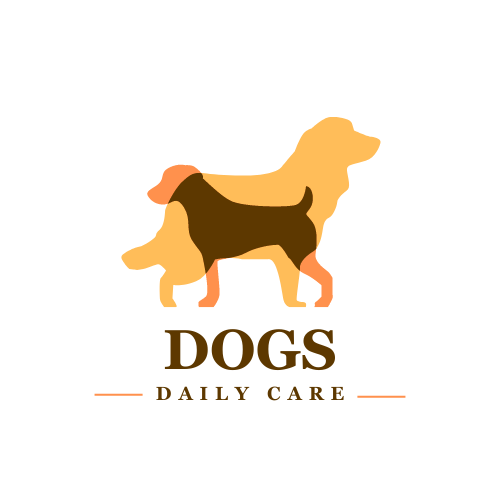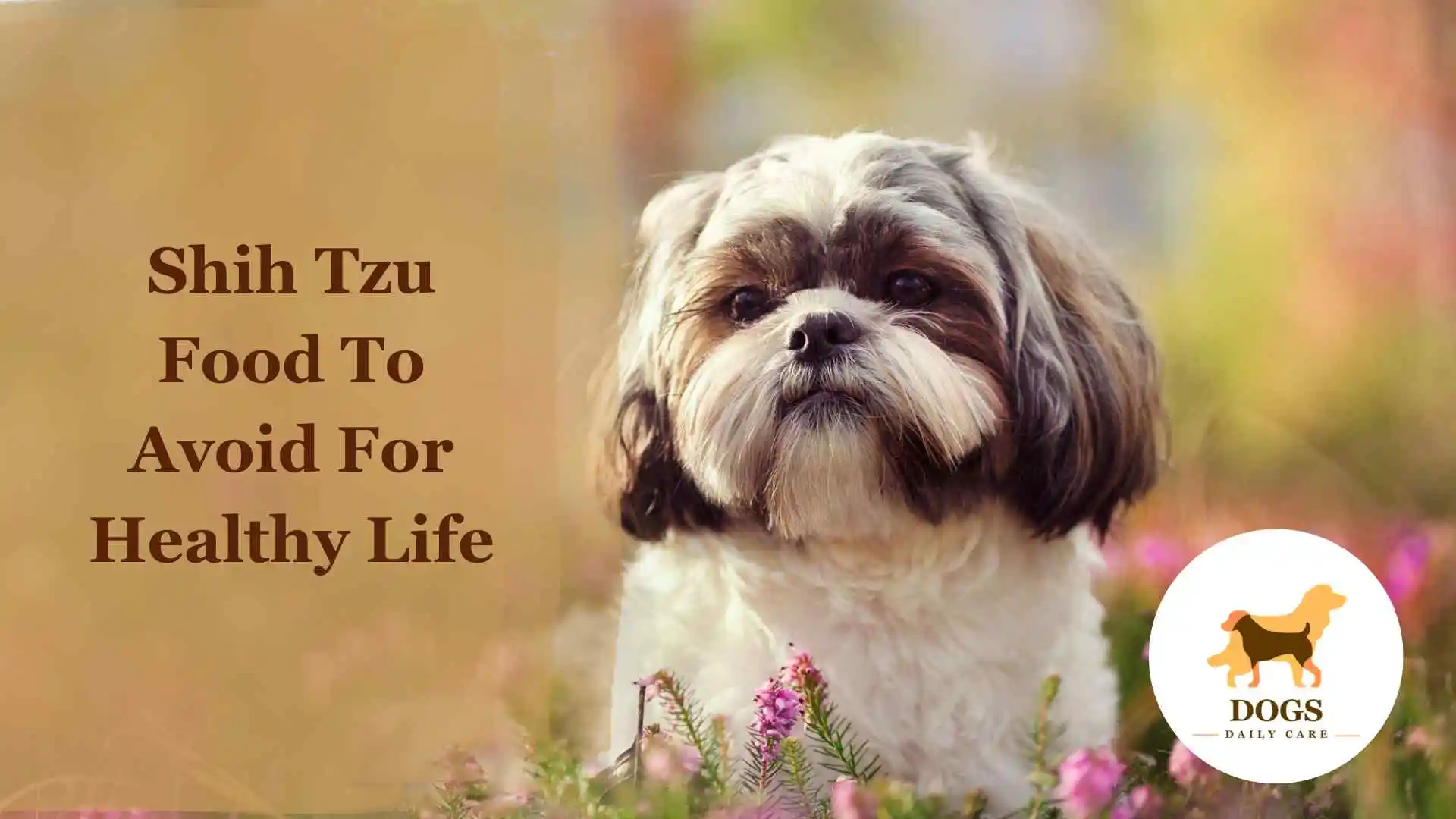Shih Tzu Food To Avoid For Healthy life – A Complete Guide
Welcome to our comprehensive guide on foods your Shih Tzu should steer clear of for a happier, healthier life. If you’re a proud Shih Tzu owner, you already know how these adorable pups can quickly become a part of the family. But did you also know that a Shih Tzu’s diet plays a crucial role in their overall health and well-being? From coat condition to energy levels, what your Shih Tzu eats can have a significant impact.
Navigating the wide world of pet foods can be a daunting task, especially when you’re trying to find the best dietary options for your Shih Tzu. This article aims to make that task a little easier by focusing on what not to feed your furry friend. Understanding what foods to avoid is just as important as knowing what to include in their diet for optimal health.
By the end of this guide, you’ll have a comprehensive understanding of which foods are harmful to your Shih Tzu and what steps you can take to ensure a balanced, nutritious diet. We’ll cover everything from common foods that are toxic to dogs to unexpected dietary dangers you may not be aware of. So let’s dive in and start making informed choices for our beloved Shih Tzus!
The Importance of Proper Nutrition for Shih Tzus
The significance of proper nutrition for your Shih Tzu can’t be overstated. Much like us humans, these adorable canines thrive when their diet is balanced and rich in essential nutrients. However, it’s not just about filling their bowls with any pet food that comes your way. The right diet can positively impact your Shih Tzu’s lifespan, coat health, and overall well-being. Think shiny fur, sparkling eyes, and a tail that won’t stop wagging!
When it comes to Shih Tzus, specialized dietary needs often come into play due to their small size, unique metabolism, and susceptibility to specific health issues like allergies or gastrointestinal problems. Offering a nutritionally balanced diet is crucial for combating these concerns and promoting overall health. A diet that lacks essential vitamins, minerals, and other nutrients can lead to a host of health problems, from dull coats and low energy levels to more serious concerns like obesity and digestive disorders.
That’s why it’s so essential to educate yourself on what goes into your Shih Tzu’s diet, including what foods to avoid. An informed pet parent is an empowered one, able to make the best choices for their furry family member’s health and happiness. And that’s precisely what this guide aims to do—provide you with the knowledge you need to make informed dietary decisions for your Shih Tzu, starting with a list of foods that should never make it into their bowl.
Common Foods That Are Harmful to Shih Tzus
When it comes to feeding your Shih Tzu, it’s essential to remember that not all human foods are dog-friendly. Many everyday foods we consume can pose a significant risk to your furry companion’s health. In this section, we’ll delve into common foods that are harmful to Shih Tzus. Awareness is the first step towards prevention, so let’s take a closer look at these culprits.
Chocolate
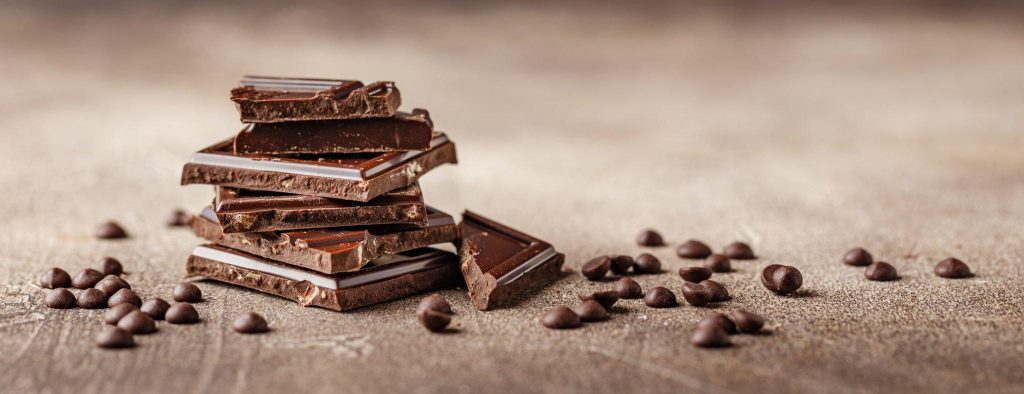
We all love a chocolatey treat now and then, but even a small amount can be toxic for your Shih Tzu. Chocolate contains theobromine and caffeine, substances that are harmful to dogs. Ingesting chocolate can lead to symptoms such as vomiting, diarrhea, rapid breathing, and in extreme cases, seizures. Dark chocolate and cocoa powder are particularly dangerous.
Grapes and Raisins
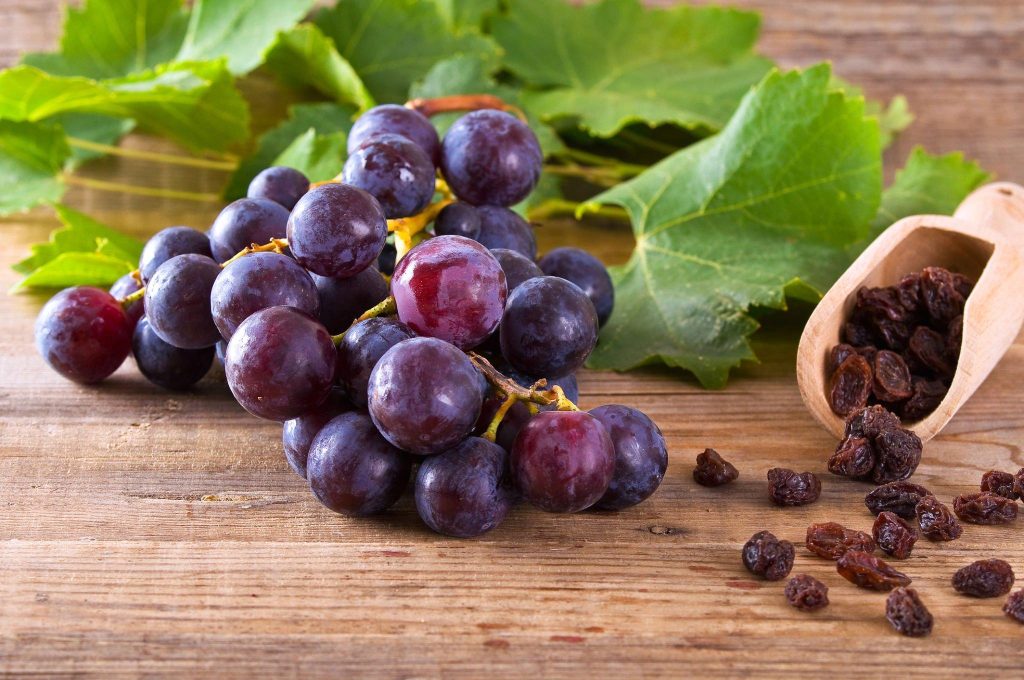
You might think of grapes and raisins as healthy snacks, but they are highly toxic to Shih Tzus and most other dog breeds. The exact substance causing toxicity is still unknown, but even a small number of grapes or raisins can cause sudden kidney failure, leading to lethargy, vomiting, and loss of appetite.
Onions and Garlic
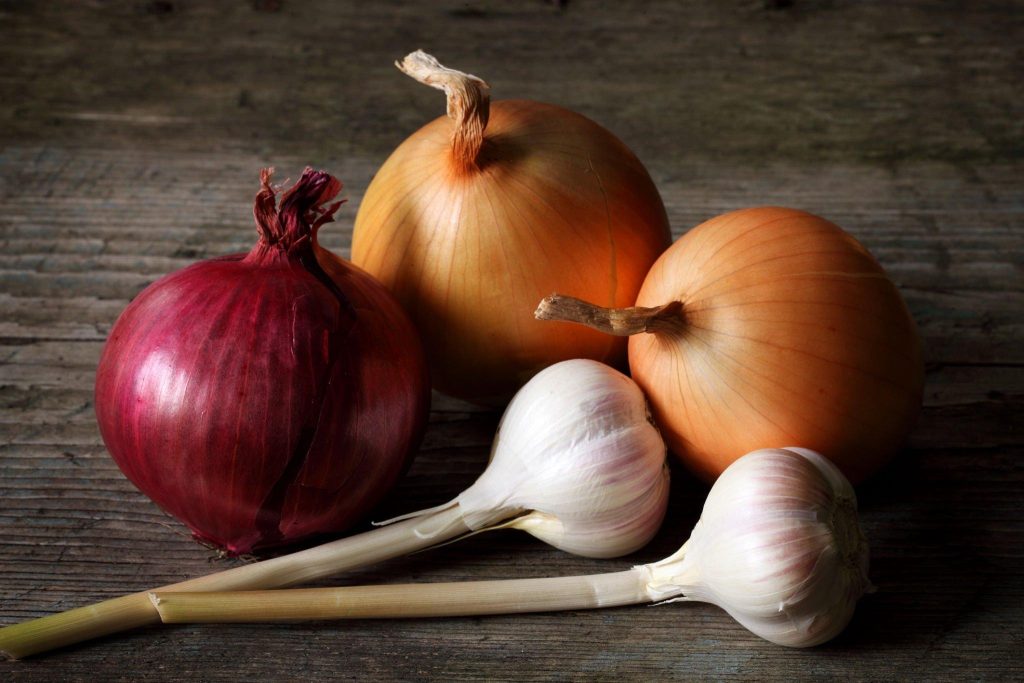
While onions and garlic add flavor to our food, they contain compounds like thiosulfate that are toxic to dogs, including Shih Tzus. Ingesting even small amounts can lead to oxidative damage to the red blood cells, causing anemia. Symptoms may include weakness, pale gums, and labored breathing.
By understanding the risks associated with these common foods, you’ll be better equipped to keep your Shih Tzu safe and healthy. So next time you’re tempted to share a bite of your snack, remember: what’s good for you may not be suitable for your furry friend.
Unexpected Foods to Avoid
It’s not just the obvious culprits like chocolate and grapes you have to be wary of when it comes to your Shih Tzu’s diet. Some foods might surprise you with their potential risks to your four-legged friend. In this section, we’ll shine a light on less commonly known but equally dangerous foods that should never be part of your Shih Tzu’s diet.
Avocado
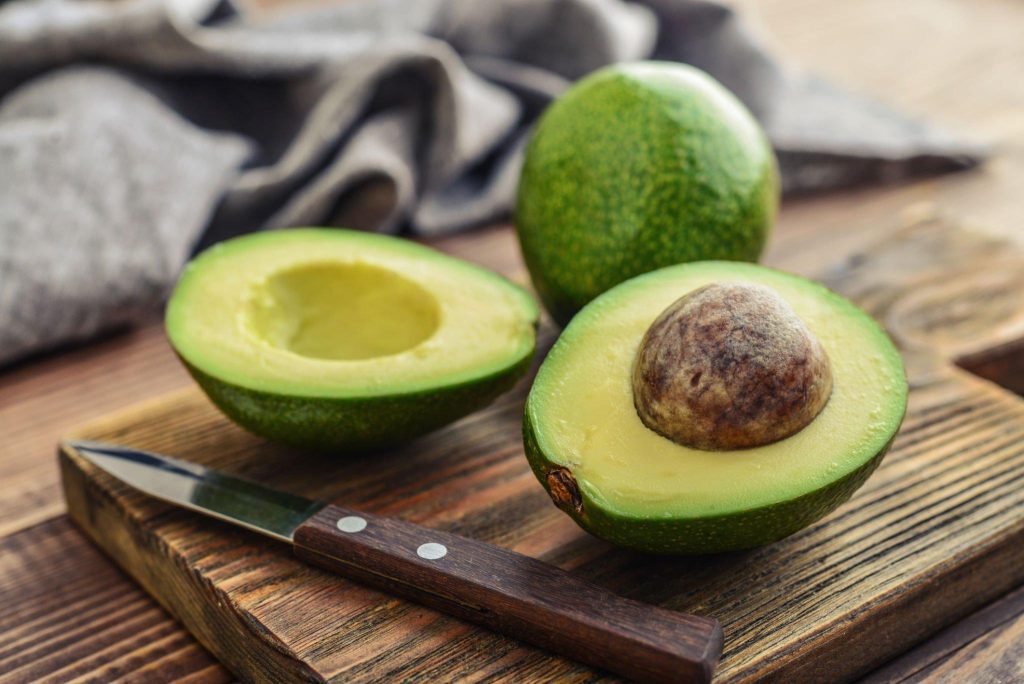
Avocado might be a superfood for humans, but it’s a different story for Shih Tzus. This fruit contains a substance called persin, which can cause vomiting and diarrhea in dogs. While the avocado flesh has lower persin levels compared to the seed and leaves, it’s better to steer clear altogether to avoid any digestive issues.
Nuts, Especially Macadamia
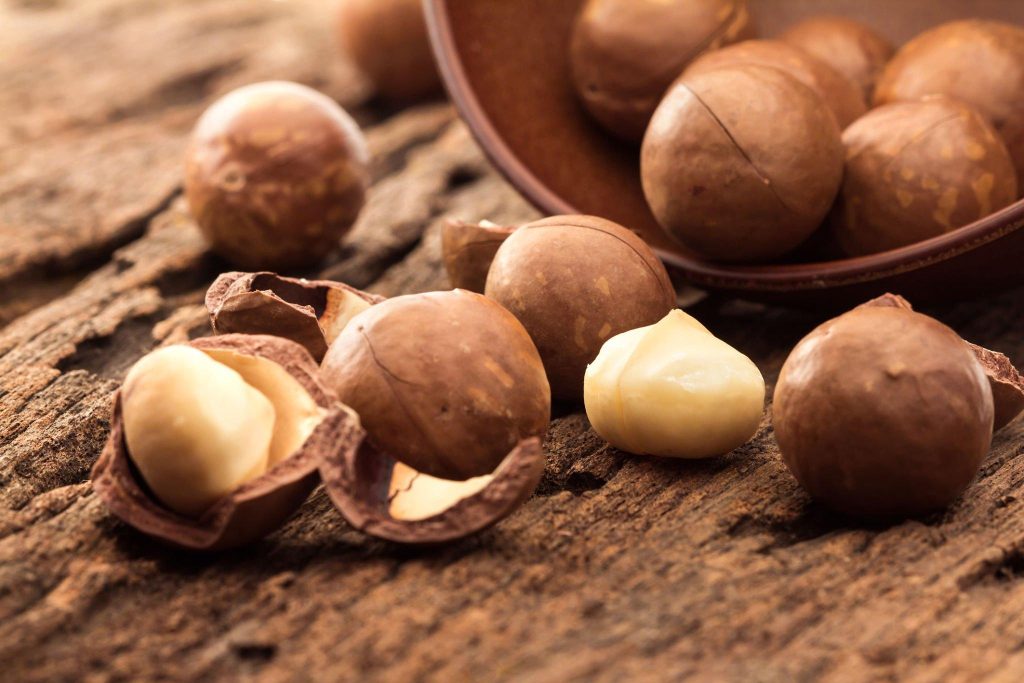
Nuts might seem like a healthy, protein-packed snack, but they’re not recommended for Shih Tzus. Macadamia nuts are especially harmful, causing symptoms such as vomiting, increased body temperature, and tremors. Other nuts like almonds and walnuts can also be problematic due to their high fat content, which may lead to gastrointestinal issues and even pancreatitis.
Raw Meat
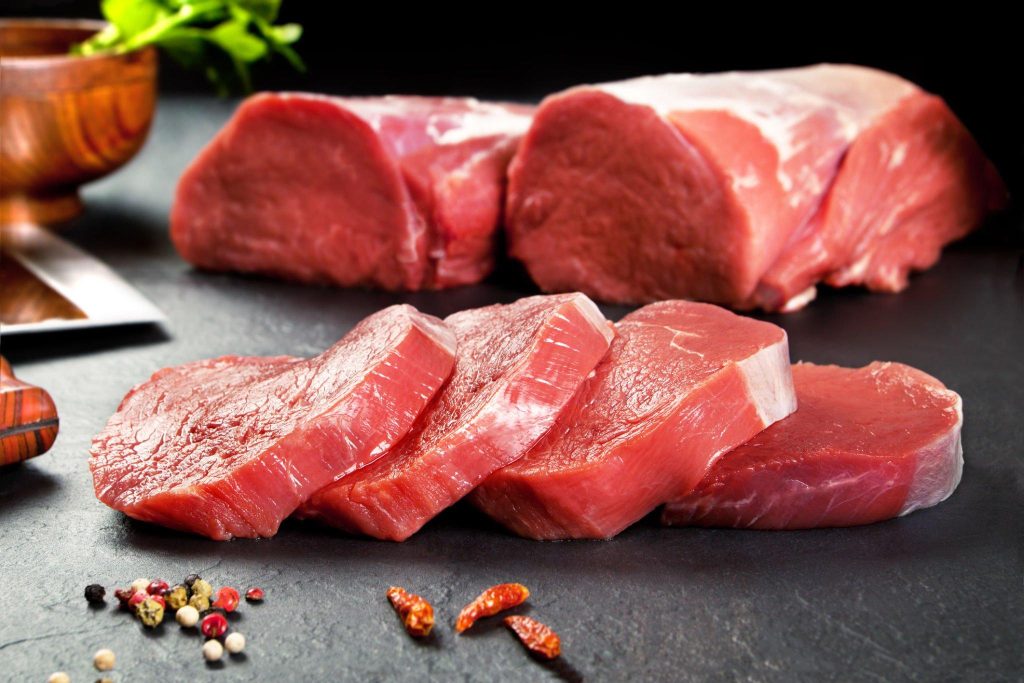
While some pet parents believe in the benefits of a raw diet, raw meat can pose several risks to your Shih Tzu. It may contain harmful bacteria like Salmonella or E. coli, which can lead to severe digestive issues and other health problems. If you’re considering a raw diet for your Shih Tzu, it’s crucial to consult with a veterinarian for tailored advice.
Being aware of these unexpected foods to avoid can be a game-changer for your Shih Tzu’s long-term health and well-being. It’s always better to be safe than sorry, so make sure you keep these items far away from your furry friend’s reach.
Dangerous Food Additives and Ingredients
When we think about feeding our Shih Tzus, we often focus on whole foods, forgetting that additives and ingredients in commercial dog foods and treats can be just as harmful. These hidden hazards may not immediately come to mind, but they can pose significant risks to your furry friend’s health. In this section, we’ll uncover some dangerous food additives and ingredients you should be cautious of when selecting food for your Shih Tzu.
Xylitol
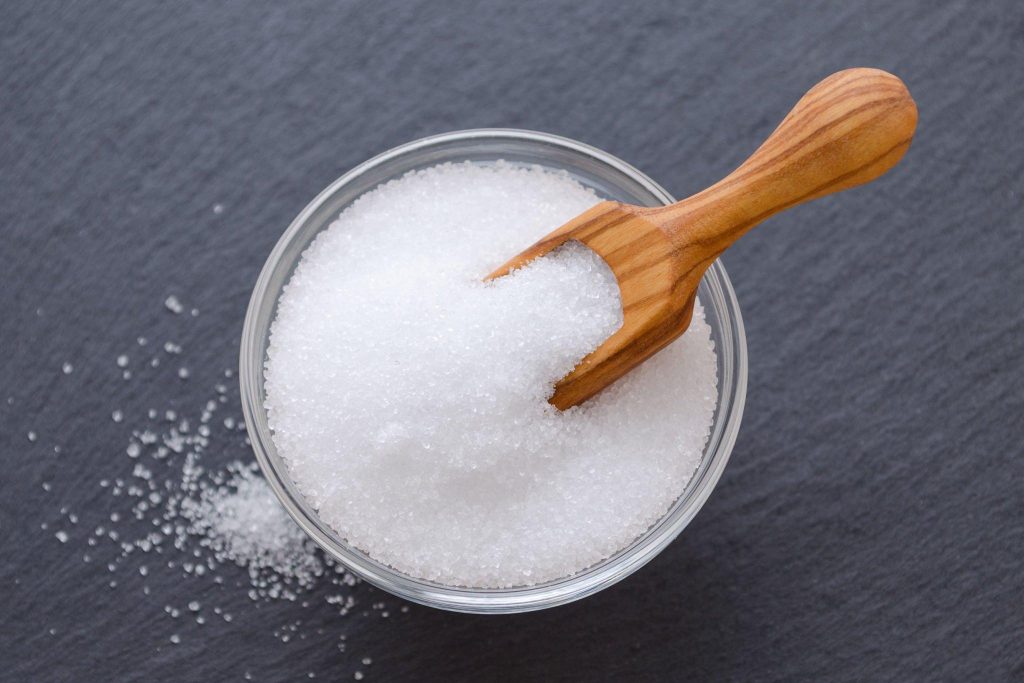
An artificial sweetener commonly found in sugar-free gum, candy, and even some peanut butters, Xylitol can be lethal to dogs, including Shih Tzus. Ingesting even a small amount can trigger insulin release, leading to hypoglycemia (low blood sugar), seizures, and liver failure.
Ethoxyquin
Used as a preservative in some dog foods, Ethoxyquin has raised concerns due to its potential to cause liver and kidney damage. Always check labels and opt for foods that use natural preservatives like vitamin E or vitamin C instead.
Propylene Glycol
Found in some dog food and treats, particularly those that are “semi-moist,” propylene glycol can cause skin irritation and allergic reactions in Shih Tzus. While considered generally safe in small amounts, it’s best to avoid foods that list this as an ingredient.
Artificial Colors and Dyes
Brightly colored kibble might look appealing, but artificial colors like Blue 1, Red 40, and Yellow 5 have been linked to allergic reactions and other health issues in dogs. These additives offer no nutritional value and are best avoided.
By being vigilant about checking ingredient lists and understanding the implications of these additives, you’ll be taking a significant step toward safeguarding your Shih Tzu’s health. In a world where commercial dog foods come with long ingredient lists, knowledge truly is power.
The Risks of Table Scraps and Human Foods
We’ve all been there—those pleading eyes, the soft whimpers, and the wagging tail as you sit down to enjoy your meal. It’s hard to resist the temptation to toss your Shih Tzu a morsel from your plate. However, even though sharing table scraps with your dog may seem like a loving gesture, it can introduce a host of potential health risks. Let’s explore why human foods and table scraps may not be the best option for your Shih Tzu.
Caloric Intake and Weight Gain
Shih Tzus are small dogs, and their caloric requirements are considerably less than ours. Even a small amount of high-calorie human food can contribute to weight gain, which comes with its own set of health issues like joint pain and diabetes. It’s essential to keep track of your Shih Tzu’s caloric intake to maintain optimal health.
Spices and Seasonings
Many human foods are seasoned with spices, herbs, and other flavor enhancers that are not suitable for Shih Tzus. For instance, garlic and onions—common ingredients in our foods—are toxic to most dogs. Seasonings can lead to digestive issues, toxicity, or even allergic reactions in your furry friend.
Inconsistency and Nutritional Imbalance
While human food is often rich in certain nutrients, it may lack others essential for your Shih Tzu’s overall health. Consistently feeding them table scraps can result in an imbalanced diet, lacking in vitamins and minerals necessary for a healthy coat, strong bones, and optimal bodily functions.
Understanding the risks involved in feeding your Shih Tzu table scraps and human foods can make a significant difference in their long-term health and well-being. While the occasional treat is unlikely to cause harm, making it a regular habit is not advisable.
Frequently asked questions
Whether you’re a seasoned Shih Tzu parent or new to the breed, you may have some questions about what’s best for your dog’s dietary needs. Here are some of the most frequently asked questions about food to avoid for your Shih Tzu, answered for your convenience and peace of mind.
1. Can Shih Tzus Eat Dairy Products Like Cheese or Milk?
While some dogs can tolerate dairy, Shih Tzus often experience digestive issues like diarrhea or stomach upset when they consume products like milk or cheese. It’s best to err on the side of caution and avoid giving them dairy.
2. Is Peanut Butter Safe for Shih Tzus?
Peanut butter can be a tasty treat for Shih Tzus but always check the ingredients. Some brands contain harmful substances like Xylitol, an artificial sweetener that is toxic to dogs. Opt for all-natural, unsalted peanut butter without added sugars or artificial sweeteners.
3. Are Vegetables Like Carrots and Green Beans Safe?
Most vegetables are safe and even beneficial for Shih Tzus. Carrots and green beans, for instance, make excellent low-calorie snacks. However, not all veggies are suitable; avoid giving them garlic and onions, as these are toxic to dogs.
4. What about Dog Foods Marketed for Small Breeds?
Dog foods for small breeds often have nutrients tailored for dogs like Shih Tzus. However, always read the ingredients list and consult your vet before making a switch. Not all small-breed foods are created equal, and some may contain harmful additives.
5. How Often Should I Feed My Shih Tzu?
Shih Tzus generally do well with two small meals per day. However, consult your veterinarian to determine the best feeding schedule and portion sizes based on your dog’s age, weight, and health needs.
Conclusion
In conclusion, when it comes to feeding your Shih Tzu, awareness and vigilance are key. From common foods like chocolate and grapes to unexpected dangers like avocados and certain nuts, being informed about what’s safe for your Shih Tzu is vital for their well-being. Even some additives in commercial dog foods can be harmful, not to mention the risks associated with sharing table scraps and human foods.
The health and happiness of your Shih Tzu are closely tied to their diet. Always consult with your veterinarian for personalized advice tailored to your dog’s specific needs. Remember, the food choices you make for your Shih Tzu can have long-lasting implications on their health and longevity.
By taking the time to educate yourself on the various foods and ingredients to avoid, you’re taking a significant step towards a happier, healthier life for your Shih Tzu. Thank you for reading, and here’s to a long, fulfilling life for your furry friend!
